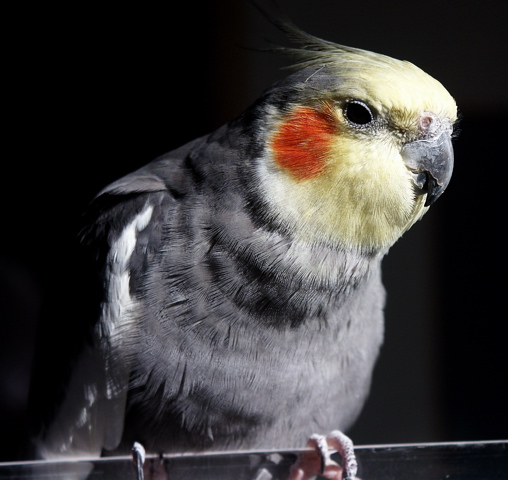 (Via NYT)
(Via NYT)THE Pennsylvania Department of Agriculture has decided that consumers are too dim to make their own shopping decisions. Agriculture officials in Ohio are contemplating a similar decision.
Rutter’s Dairy started using labels Oct. 1 to tell shoppers that no artificial hormones were used in milk production.(SNIP)
As of Jan. 1, Pennsylvania is banning labels on milk and dairy products that say it comes from cows that haven’t been treated with artificial bovine growth hormone, which is sometimes known as rBGH or rBST. State officials say the labels are confusing and impossible to verify.
But the backlash against rBGH has unsettled its manufacturer, Monsanto, and the dairy farmers who have come to rely on it to raise production. They have spent more than a decade trying to persuade federal and state authorities to ban or restrict non-rBGH labels on the grounds that there is no difference in milk from cows that are treated with the hormone and those that are not.(SNIP)
They finally found an ally in Dennis Wolff, Pennsylvania’s agriculture secretary.
Late last month, Mr. Wolff announced a crackdown on “absence labeling” on milk, meaning labels that tell consumers what isn’t in a product rather than what is.
He argues that “hormone free” labels are misleading because cows produce hormones naturally. Even labels that are more carefully worded, such as “contains no artificial hormones” will soon be verboten in Pennsylvania because Mr. Wolff said that there were no scientific tests to prove the truth of such a claim.
His ban also extends to phrases like “pesticide free” and “antibiotic free,” which he maintains are confusing for consumers because they suggest that milk without those labels contains pesticides or antibiotics. In fact, he said, processed milk is tested repeatedly in Pennsylvania to make sure that it doesn’t contain those substances.
“It confuses them,” he said. “It seems to imply there is a safe, nonsafe dimension.”
He defends the labeling decision by arguing that the non-rBGH labels can’t be verified by scientific testing because there is no difference between milk from cows that has been treated with bovine growth hormone and those that have not. But the same argument could be made about organic milk.I'm taking this sort of personally here. My wife and I normally look for the "No rBGH" label when we buy milk, as we have seen studies showing a link between the hormone use and health problems. That is our choice. To remove that choice by removing the label only benefits Monsanto and big agriculture. What a scam!
He also argues that absence labels such as “no artificial hormones” suggest that products without those labels are inferior. So what? As long as the claim is accurate, isn’t the point of labels to differentiate one product from another?
Using Mr. Wolff’s reasoning, you could argue that organic labels on milk are unfair because they suggest that non-organic food is inferior. The same goes for labels for “natural,” “from grass-fed cows” and “locally produced.”
But here Mr. Wolff contradicts his own argument. There are exceptions to his rule, for what he describes as “puff” claims like “farm fresh” and “locally produced.”
It comes as no surprise that Wolff himself owns a 600acre dairy farm. Another example of why putting those in an industry in charge of regulating an industry has some major---what shall I say---DRAWBACKS!!! The thing here is that it IS demonstrable that rBGH is not added to these products, and I chose not to use products that do have rBGH in them. Do I sound confused?
Mr. Wolff, you may raise cows, but you are a real turkey. And a dairy industry whore.





No comments:
Post a Comment